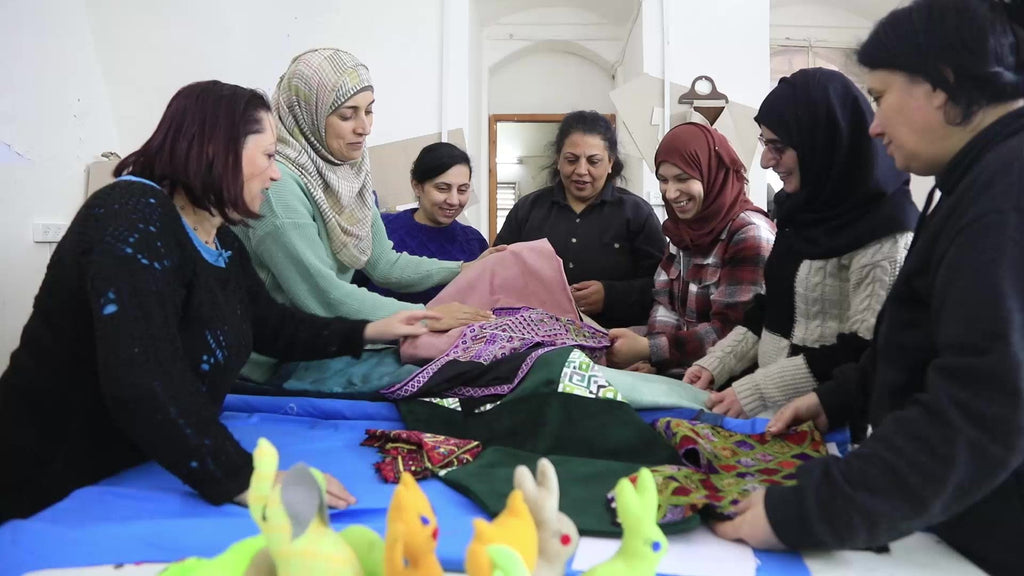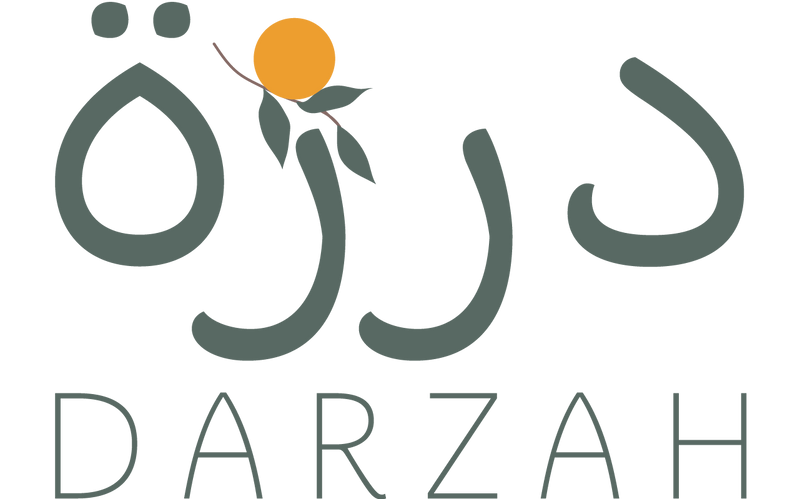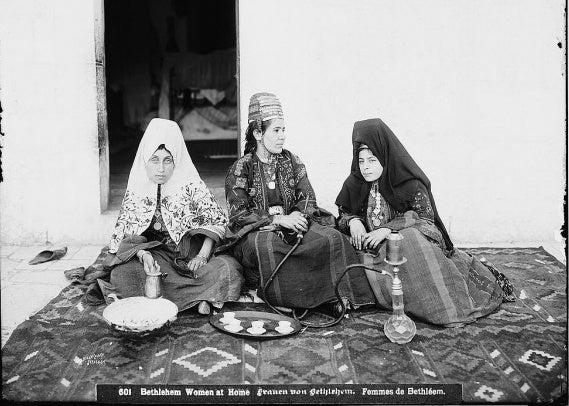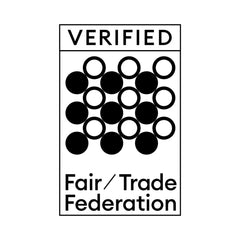Handmade, Not Mass-Produced: Why Every Darzah Product Tells a Story

In a world dominated by fast fashion and mass production, handcrafted products carry a depth of meaning that machines simply cannot replicate. At Darzah, every stitch, every thread, and every motif tells a story—of culture, standfasting, and empowerment. Our handmade tatreez-embroidered pieces are more than just accessories or décor; they are living narratives of Palestinian heritage, meticulously crafted by women artisans in the West Bank.
From the rich history of tatreez embroidery to the impact of fair wages on artisans' lives, this blog explores why choosing handmade over mass-produced is a choice that carries profound significance.
The Beauty of Handmade: A Tradition Passed Down for Generations
Handmade goods reflect time-honored traditions, patience, and artistry. In Palestine, the ancient craft of tatreez embroidery has been passed down from mother to daughter for centuries. This intricate cross-stitching technique is not just about decoration; it is a form of storytelling. Each region of Palestine has distinct motifs and patterns, with designs that symbolize everything from nature and resilience to identity and history.

Handmade goods reflect time-honored traditions, patience, and artistry. In Palestine, the ancient craft of tatreez embroidery has been passed down from mother to daughter for centuries. This intricate cross-stitching technique is not just about decoration; it is a form of storytelling. Each region of Palestine has distinct motifs and patterns, with designs that symbolize everything from nature and resilience to identity and history.
For example, the olive branch motif, frequently used in Darzah’s products, symbolizes peace, resilience, and deep-rooted connection to the land. These patterns are not randomly chosen—they carry deep cultural significance, connecting the artisans to their heritage and to generations before them.
Unlike factory-made embroidery, where machines can produce thousands of identical pieces in a day, hand-stitched tatreez takes hours—sometimes days—to complete. Each pattern varies slightly, making every Darzah product truly one of a kind. When you own a piece from Darzah, you are not just purchasing a product; you are carrying a fragment of Palestinian history.
Mass Production vs. Handmade: The Story Behind the Process
The mass production industry prioritizes speed, uniformity, and cost-cutting measures. Factories rely on synthetic materials, exploit underpaid labor, and produce vast quantities of identical products that often lack durability.
At Darzah, the process is entirely different. Each piece is:
-
Designed with Purpose – Our lead tatreez artist, Rahaf, carefully plans each embroidery piece, ensuring it aligns with traditional Palestinian motifs. The design is then distributed to women artisans who meticulously hand-stitch the pattern.
-
Hand-Embroidered with Care – Each artisan embroiders at her own pace, from her home or within our artisan center, balancing work with personal responsibilities.
-
Assembled with Precision – After embroidery, the pieces return to our workshop, where skilled full-time artisans sew and assemble the final product, ensuring quality and durability.
-
Locally Sourced & Ethically Made – We partner with Palestinian shoemakers, leatherworkers, and seamstresses, using locally sourced materials to support small businesses within the region.

This slow, intentional process stands in stark contrast to mass-produced fashion, where workers often face unsafe conditions and low wages while churning out thousands of items per day. When you choose handmade, you choose ethical, sustainable production that values human skill and dignity.
The Impact of Fair Wages on Artisans' Lives
One of the most important aspects of Darzah’s mission is economic empowerment. In the West Bank, where women’s unemployment rates exceed 60%, job opportunities for women remain scarce. Many women artisans, especially those in rural areas, face social and geographical barriers to employment.
Darzah provides an alternative—a safe, flexible work environment where women can earn a sustainable income while preserving their cultural traditions. Our artisans earn fair wages, well above the local minimum, allowing them to:
-
Support their families
-
Invest in their children's education
-
Improve their living conditions
-
Gain financial independence and stability
Here’s what some of our artisans have to say about their work at Darzah:
“Since joining Darzah, I’ve been able to support my family and give my children a better future. This work is not just about income—it’s about dignity.” – Manar
“Tatreez is our heritage, and I am proud to share it with the world. Every stitch I sew is a stitch of resilience.” – Shereen

Unlike factory jobs that often exploit workers in dangerous conditions, Darzah prioritizes artisan well-being, ensuring a respectful, empowering workplace.
The Connection Between Handmade and Cultural Preservation
When you support handmade, you are also supporting the survival of an ancient art form. Tatreez embroidery has been part of Palestinian identity for centuries, often appearing on traditional dresses (thobes), bridal wear, and home textiles. However, modern industrialization and political instability have threatened the survival of this craft.
By purchasing a handmade tatreez product, you are directly contributing to the revival and continuation of this art. Every Darzah item helps train a new generation of women artisans, ensuring that this historic craft does not fade away.
Why Handmade is a Sustainable Choice
Beyond its cultural and ethical importance, handmade fashion is also more sustainable than mass production. The fast fashion industry is one of the world's biggest polluters, responsible for enormous textile waste, carbon emissions, and unethical labor practices.
Darzah takes a different approach:
✔ Low-Impact Production – We use locally sourced fabrics and leather, reducing our carbon footprint.
✔ Minimal Waste – Unlike factories that discard unused materials, we repurpose excess fabric into smaller accessories like pouches and keychains.
✔ Timeless Quality – Handmade products last longer than machine-made fast fashion items, making them a more sustainable investment.
By choosing handmade, you are making an eco-friendly choice that values quality over quantity.
A Call to Support Ethical Handmade Fashion
Handmade products are more than just material goods—they are works of art, carrying stories of culture, resilience, and empowerment. When you purchase a Darzah product, you:
-
Support women artisans in the West Bank
-
Help preserve the traditional art of tatreez embroidery
-
Choose ethical, fair trade fashion over mass production
-
Invest in a sustainable, high-quality product that lasts
In a world where mass-produced fashion dominates, choosing handmade is a statement—a statement of support for artisans, ethical labor, and cultural preservation.
Ready to own a piece of history? Explore our handmade tatreez collection and become part of a movement that values tradition, empowerment, and sustainability.








